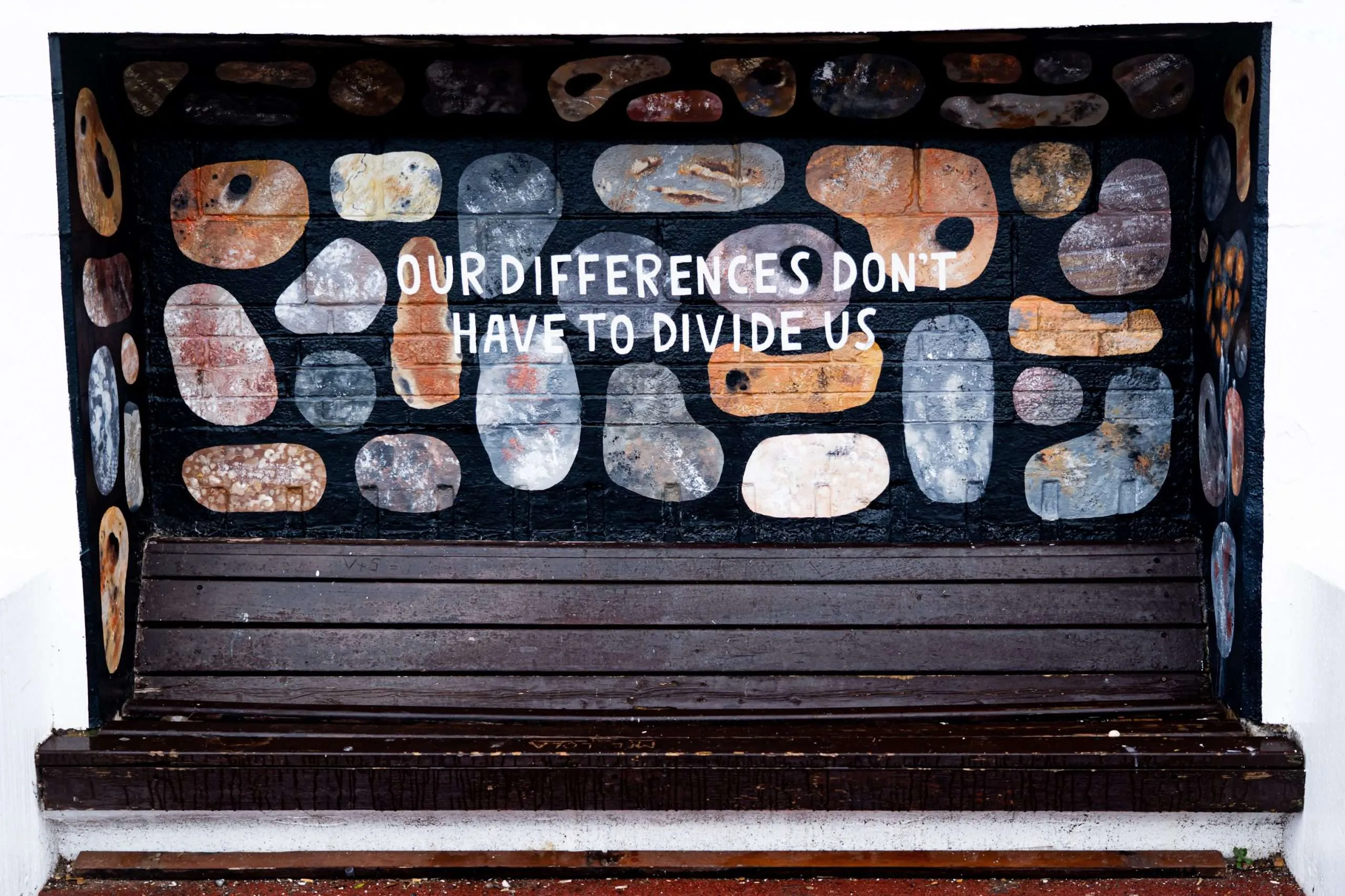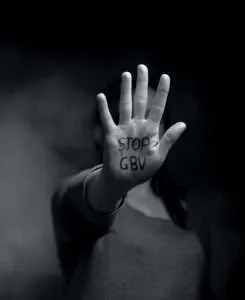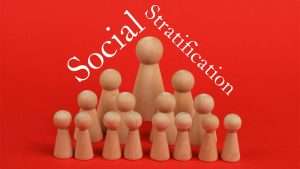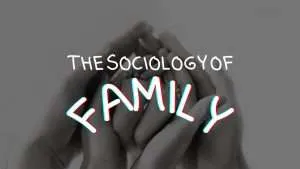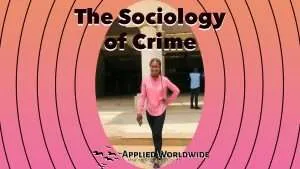We are more united than we presume, which is an interesting concept for analysis through the lens of sociology of relation. From this aspect is the philosophy of unionism wherein two sex are bonded anatomically and spiritually through coitus, and nations bonded by Ubuntu—a universal consciousness—and their growth as a people were seen as collective assessment of empowerment and not individual growth.
In a heterogeneous society as Nigeria where pragmatic democratization of her states have failed, and Ethnic Nationalism has become solidly the historical behind the nation’s structuring, it is imperative to find out how the fostering of Harmonious Patriotism has failed.
The Media of a country is one of the greatest parameters to measure a nation’s growth, or dilapidation, and also serves as one of the determinants of the beauty of heterogeneity in a country as Nigeria. Since 1960s, the Media has dictated what future awaits the people.
The civil war of 1967, which was a result of misinformation of the coup carried out by Major Kaduna as ‘Igbo coup,’ a name called by the foreign media which materialized into the local Medias and solidified its effects on the people. The Hausa began to see Igbo as a predator, murderer of a Tafawa. The Igbo became alert, their alertness borne by the skepticism of the Hausa.
The Yoruba became incredulous with interfering between the duo, afraid of being caught in the brimming opposition and the unmistakable prognostication of a civil war. Since the inception of Nigeria the creation of the three political parties—National Council of Nigerian Citizens (NCNC); Northern People’s Congress (NPC); Action Group (AG)—has become the empirical evidence and logical conclusion of Nigeria being as segregated as Oil on Water.
Nigerian Political Parties
The NCNC was the ‘Igbo’ party. The NPC was the ‘Hausa’ party. And the AG was the Yoruba party. The NCNC was fairly Nationalistic. The NPC foresaw Ahmadu Bello as a next-to-god advocator him being the grandson of Utman Dan Fodio, the Jihadist, and the transformation of ‘Jam’iyyar Mutanen Arewa’).
While due to Obafemi Awolowo’s clever vision, using a cover of ‘Egba Egbe Omo Oduduwa’, which the Yoruba see as a supreme being that founded the Yoruba culture, he was able to establish a kind of fallacy of the typical Yoruba man that his support for the party was concomitant to identification with Oduduwa. And the Ijaw, Urhobo, Egede, etc., were called the ‘others’, having little or no national recognition in the Nigerian state. These structures are the foundation of Nigeria’s hegemonic bitterness.
Sociology of Relation
Skepticism was born into the stories of the new generation. The new generation became xenophobic. The Hausas became incredulous. The Yoruba knew all those who weren’t ‘sons of Oduduwa.’ The Igbos know those who aren’t children of ‘Ala.’ There had been premeditated phobia for the other tribe. One of the impasse I encountered with choosing Ahmadu Bello University Zaria, a school located in the North, is the fear of ethnic unrest.
The fear of a murder of a Hausa boy by a Yoruba boy, though unintentional, still widespread by the local and international Medias as ethnic manslaughter. All things being equal, a brawl is inevitable, a rioting is imperative, and as always, there’s a Yoruba boy running to the West, an Igbo boy skimming through the forest to reach Enugu, and a Hausa boy in the West or East being singled out and killed in a celebrated festival. This unrest was evident in the Kano Riot of the 1950’s, after Anthony Enaohoro’s postulation in the Lagos council for Nigeria’s democracy which Sir Ahmadu Bello antagonized.
What then is the role of the Media in the sociology of relation?
The Media is as classical as the art of communication. In the Stone Age, the Media was existent. If one person dies and the other tells the family, the latter has played the role of the Media—the act of disseminating information. The deviation of the presupposed role of the Media, or dilution of the news, or being consequential with news dissemination to the public has become what is called in Yoruba verbatims as: Bi Olofofo ba wi, yo din kan abi ko le’kan. This translates to: if a news caster disseminates news, it’s either incomplete or exaggerated.
If the Media of any nation becomes aware of material gains, or for false increment of prestige, then that media becomes a brownnosers whose information is bought by the highest bidder. However there are consequential views by the Media. The reader must know that the Media is the closest to the grassroots.
Just as the politician must either conform to the citizens or let the citizens conform to his propaganda, so is the Media as its prosperity and legitimacy is dependent on public acceptance. So the Media editor is placed betwixt two walls: to deliver the news without fear of mass dissatisfaction or to dilute the truth to suite the citizens.
This leads to explaining theories of the Media:
Limited-effects Theory
Limited-effects theory, originally tested in the 1940s and 1950s, considers that because people usually choose what media to interact with based on what they already believe, media exerts a negligible influence.
I believe the reason why the limited-effects theory is inescapable is because epistemology puts a cap on all our individual knowledge as we tend to choose what best suites our wants (this asserts every human being as ethical egoist, because all decisions we make, consciously or unconsciously, are subtly attached to the provision of our wants, material or otherwise).
This leads to creation of ethnic news stations. However defendants may say because the citizenry of that specified region is limited by the acquisition of English Language as universally understood language, thereby using the region-speculated news stations to disseminate information, is a quasi-facade which has no traces of truth. For providence sake, let’s consider this practical:
Example
In a village of twenty people separated into groups of ten boys and ten girls. Then two news station are created for the disparate groups. And spearheaded by one boy and a girl for their groups. The heads may categorically say that same sex is most pragmatic for communal harmony (or whatever), so to know their individual needs, but it’s evident it’s all a facade. The women wants power. The men do not want to leave power. Then the brawl continues. As Soyinka bathetically portrays Kasco in his ‘A Play of Giants’, that the wants for power is unquenchable, causing the universe’s rotundifolius calamity.
Then let’s assume that the heads of these disparate groups are more concerned with communal needs than individual, or speculated, wants, then the citizenry would illegitimize the entire body. That’s a limited-effects theory, which simply states that the citizenry won’t legitimize any media body that doesn’t support her premeditated beliefs and perspectives.
Class-dominant Theory
Class-dominant theory argues that the media reflects and projects the view of a minority elite, which controls it.
Elites, by English Dictionary says thus: “A special group or social class of people which have a superior intellectual social or economic status as the elites of the society.” I was perturbed that, perhaps the intelligentsia would not be the vial to sociological gridlocks. Then who would, if those who have dedicated their entire existence to histories, psychology, anatomy, politics, arts, anthropology, sociology, aren’t the solution? Let’s examine what Karl Marx said about this discombobulation.
Karl Marx, an unmistakable populist of communism, the insistent opposition to capitalism says thus about the class dominant minority elites:
“The ideas of the ruling class are in every epoch the ruling ideas, i.e. the class which is the ruling material force of society, is at the same time its ruling intellectual force. The class which has the means of material production at its disposal, has control at the same time over the means of mental production, so that thereby, generally speaking, the ideas of those who lack the means of mental production are subject to it. The ruling ideas are nothing more than the ideal expression of the dominant material relationships, the dominant material relationships grasped as ideas.”
Marx, German Ideology, 1845
Marx asserted in this quote that the brains of the society are those with material possessions. This slightly predispose the Nigerian society as material-tilted and in my prognotications, I have never observed Nigeria being any less Capitalistic. The Media has no choice than to be materialistic too, to become “yes-men” to those that have “the means of material production at its disposal.”
Culturalist Theory
Culturalist theory, which was developed in the 1980s and 1990s, combines the other two theories and claims that people interact with media to create their own meanings out of the images and messages they receive. This theory states that audience members play an active, rather than passive role in relation to mass media.
It’s already self-explanatory that in Nigeria, we practise the culturalist theory of the Media. From every news published, the citizens extrapolate, review and make manifest in actions or words their position on socio-political matters. The report of the minister of communication and digital economy, Dr. Isa Pantami, as being in pact with Al-Qaeda and Talibans, is subjective. Everybody can make do with they would with it. It’s a culturalist perspective. And the ultimate end of the heterogeneity of any given Nation.
How do we cure this doggedness of sociology of relation in a heterogeneous society?
We don’t. We take risks. If enmity is created deep in the subconscious then how do we cleanse the subconscious? Adorcism might be one viable way of curing that malady and yes, it is—Adorcism is the way. But my postulation is different from absolute adorcism as in where Bòòrí priestesses cleanse the demonized, I would say we put into practise Socio-Academic Adorcism.
Socio-Academic Adorcism is an act whereby a person sees his relational subconsciousness as fit to pass through societal reform through the learning, unlearning and deciding to manifest that which is subjectively learned, to foster Harmonious cohabitation with other persons. This also is impossible without the efforts of being an autodidact. By seeking knowledge from every shambles, incredulous with the status quo about tribal differences, religious disparations, premeditated phobias, etc. This would be the narrow way to solving the decadence of Nigeria’s heterogeneity and sociology of relation.

